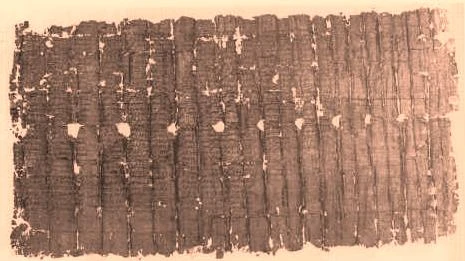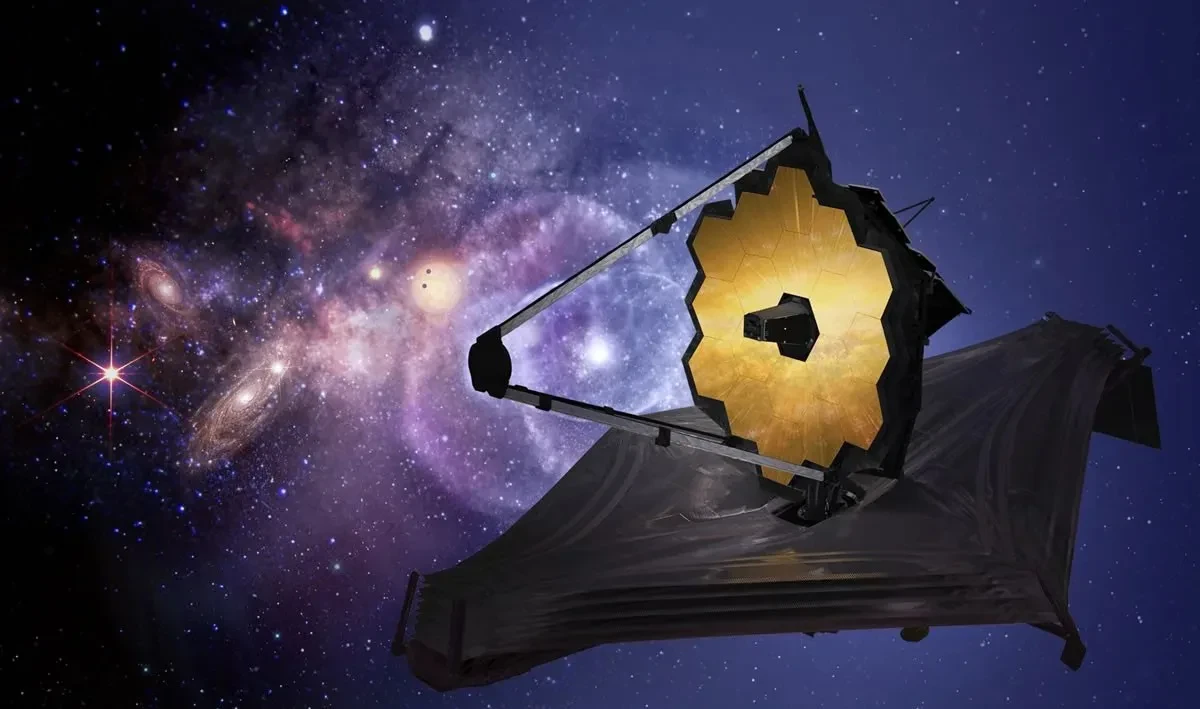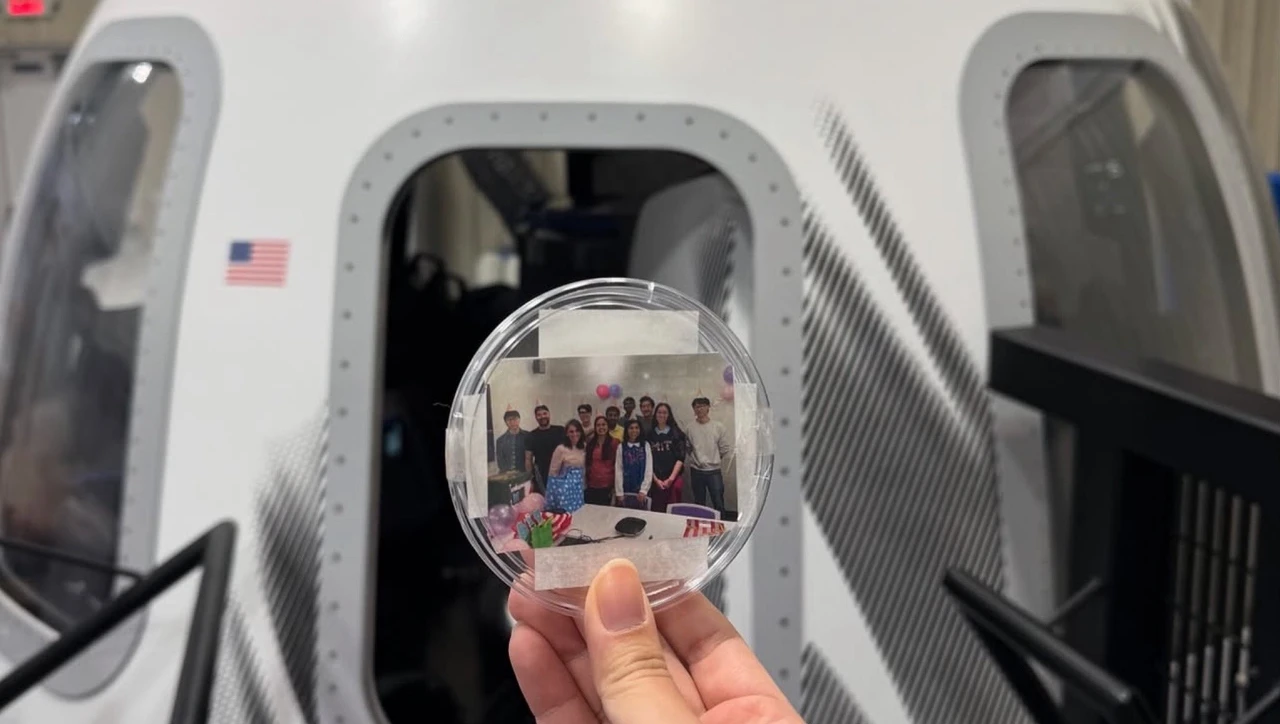AI reveals ancient philosophical texts hidden for millennia as researchers win $700,000 prize

Three researchers win $700,000 prize for their groundbreaking work in unlocking ancient secrets within a scroll that has remained unread for two millennia
In a groundbreaking application of artificial intelligence, three researchers on Monday unlocked ancient secrets hidden within a scroll that has remained unread for two millennia, capturing a $700,000 prize for their innovative work.
The “Vesuvius Challenge” organizers claim that the Herculaneum papyri are made up of about 800 rolled-up Greek scrolls that were carbonized during the volcanic explosion in 79 CE that destroyed the ancient Roman town of Pompeii. The scrolls, which are housed at the National Library of Naples and the Institut de France in Paris, resemble logs of hardened ash. Attempts to roll them open have resulted in significant damage and even crumbling.
Alternatively, the Vesuvius Challenge offered one million dollars in rewards over several years to encourage the study of four high-resolution CT scans of scrolls. The winning team consisted of three students: Julian Schilliger, a robotics student from Switzerland; Youssef Nader, a PhD candidate in Berlin; and Luke Farritor, a student and intern at SpaceX from Nebraska.
By using pattern recognition, the team was able to decipher the thin and nearly illegible Greek letters and apply AI to help identify ink from papyrus. According to classicist and Herculaneum Society chair Robert Fowler, “some of these texts could completely rewrite the history of key periods of the ancient world,”
Deciphering four paragraphs of at least 140 characters, with at least 85% of the characters recoverable, was the task for the researchers. The first word from one of the scrolls, which Farritor deciphered last year, turned out to be the Greek word for “purple.”
According to the organizers, their combined efforts have successfully decoded around five percent of the scroll. Contest organizer Nat Friedman said on X that the author of the scroll was “probably Epicurean philosopher Philodemus,” writing “about music, food, and how to enjoy life’s pleasures.”
The scrolls were discovered at a home believed to have formerly belonged to the patrician father-in-law of Julius Caesar. The property, which was largely unexcavated, housed a library that may have thousands more manuscripts. Only 3–5% of ancient Greek manuscripts are thought to have survived, according to research from the University of California, Irvine, therefore the discovery of previously undiscovered ancient texts would be a breakthrough.
Greek philosophy in general and Herculaneum papyrology in particular are about to undergo a revolution. The University of Naples Federico II’s Federica Nicolardi told The Guardian, “It is the only library that has survived from the Roman era.”
The writer of the scroll “throws shade at unnamed ideological adversaries, perhaps the stoics? — who ‘have nothing to say about pleasure, either in general or in particular,'” in the concluding section, stated Friedman, who also said that the competition’s next phase will try to use the research to unlock 85% of the scroll.
Source: AFP



